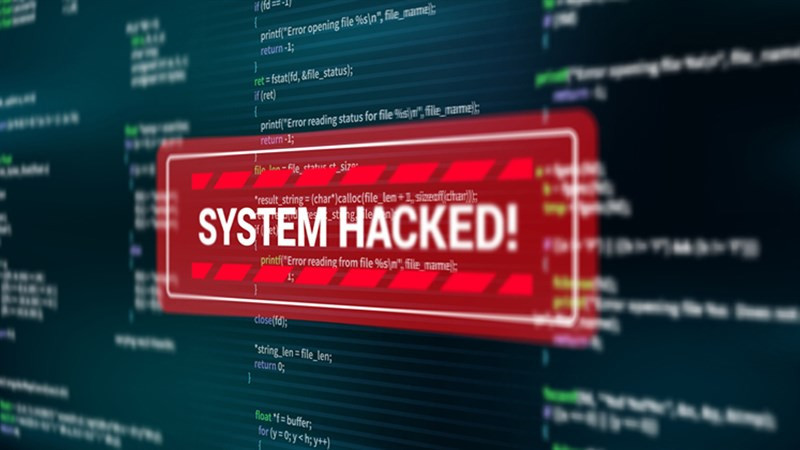
Major Tran Trung Hieu, Deputy Director of the National Cybersecurity Center (A05), revealed that the latest breach was due to system vulnerabilities that allowed hackers to gain access.
“When the attack was detected, we immediately requested the media agency to isolate its system to prevent further manipulation, such as altering published content,” Hieu stated. “However, the agency’s leadership reported operational challenges since reporters had to physically be at the newsroom to upload articles, unlike before when they could access the system remotely.”
Upon inspection, A05 found that the affected outlet lacked both a cybersecurity plan and a clear incident response strategy. “Many organization leaders still do not fully grasp the consequences of a cybersecurity breach,” Hieu emphasized.
In April 2025, A05 discovered that three major Vietnamese media agencies had been subjected to cyberattacks. Hackers infiltrated their data systems, stealing sensitive documents and potentially gaining the ability to alter or delete articles - or worse, upload harmful or misleading content. Such actions could lead to devastating consequences for any media organization.
A05 has issued strong recommendations urging all media agencies to prioritize cybersecurity measures to defend against increasingly sophisticated hacker attacks.
In recent years, there have been numerous incidents where hackers breached social media accounts and websites of media organizations, resulting in financial losses, reputational damage, and operational disruptions.
Speaking at a cybersecurity forum hosted by Kinh Te Do Thi newspaper, Nguyen Van Han, Deputy Head of Business at VNPT's Information Security Center, noted that several large news outlets have suffered significant damage from cyberattacks in recent years. Even one of the four largest media companies in the United States - with advanced infrastructure, dedicated IT experts, and comprehensive protocols - fell victim to a data encryption attack earlier this year.
According to Han, media agencies must uphold three key principles: confidentiality, integrity, and availability. “News organizations need to build a digital immune system - check their ‘health’ regularly and promptly address any vulnerabilities. A strong firewall must be in place to filter out malicious traffic that could harm a publication’s credibility.”
Han stressed the importance of ongoing training in information security - not just for journalists, but also for editorial leadership. Regular cybersecurity drills should be held to enhance preparedness and raise awareness among staff.
He also emphasized building a culture of cybersecurity within media organizations, integrating both technology systems and human factors. Leadership plays a crucial role in upholding information security. Additionally, agencies should continuously invest in advanced cybersecurity infrastructure and tools.
Thai Khang